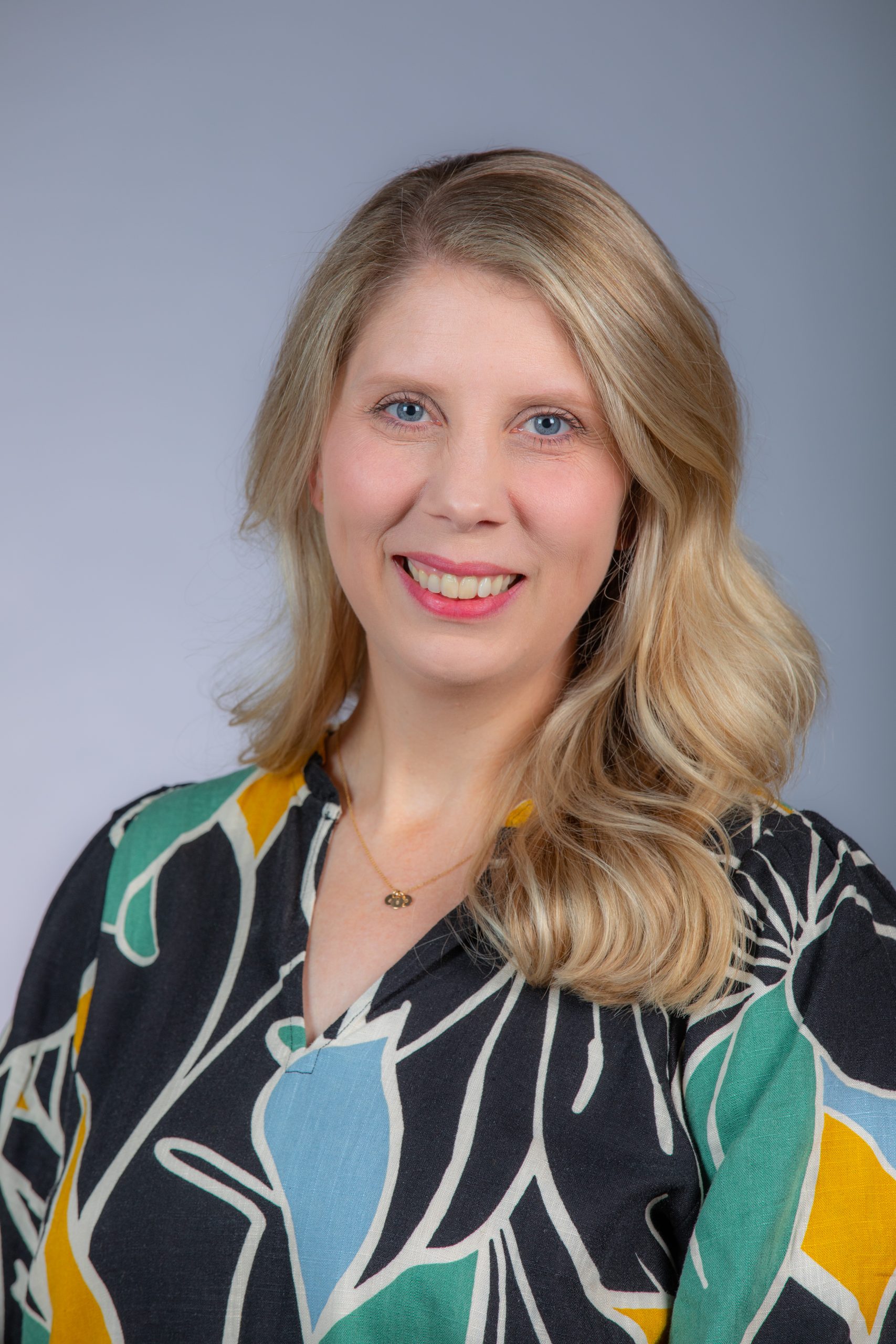Director’s Letter – October 2024
Author: Troy Rutter
Author: Troy Rutter
Dear all,

I heard a story this past week about a now retired high school English and theater teacher from rural Iowa who wanted all of her students to be able to participate in the school play. Finding scripts with enough roles for everyone was next to impossible, so she started writing the plays herself. Before long, this teacher was writing the school play collaboratively with her students. As an English teacher and aspiring lifelong learner, I was struck not only by how this teacher invited her students to enact creative and rhetorical agency but also by her example of what it can mean to learn and create in community with others.
I was recently reading ISU’s Principles of Community and thinking about how they manifest in ISUComm Foundation Courses. Below, I’ve written some of the ways I see the Principles showing up in our courses. My list is not exhaustive, and I have posed some questions to invite you to reflect on opportunities to enact the Principles in our work with students and each other.
Respect—This principle is a crucial part of everything that happens in Foundation Courses: research and writing, class discussion, peer review, student-instructor conferences, collaborative activities, etc. For example, peer review is a vital element of Foundation Courses. When I introduce peer review to ENGL 1500 and ENGL 2500 students, I tell them that engaging deeply and critically with another person’s ideas is a profound way to show respect; taking each other’s writing seriously shows respect. To me, this principle infuses all the others and serves as a guidepost. How do you show respect to your students and colleagues?
Purpose—Each of our students comes to our classes with various academic, civic, personal, and professional goals and commitments. Part of our work is to help them discover how writing and communication are related to those goals and commitments. Put another way, we invite students to see how their work in our courses relates to their purpose. Doing so promotes students’ intrinsic motivation, which is particularly important in required courses like ours. How do you invite your students to bring their purpose to the work of the course?
Cooperation—Class discussion, peer review, collaborative activities, student-instructor conferences, and presentations are all opportunities for cooperation in Foundation Courses. This principle reminds me of the importance of cultivating learning environments where students trust each other and the instructor to work together toward the shared goal of growing as writers and communicators. How do you structure class activities and assignments to promote cooperation?
Richness of Diversity—In writing and communication classes, students choose a wide range of topics about which to research, discuss, and write, and instructors bring a range of strengths and interests to their sections; therefore, everyone has the opportunity to learn about who their classmates are and what they care about through class assignments and activities. Engaging with a variety of people and ideas–in writing and discussion–enriches learning experiences. How does diversity enrich your and your students’ work?
Freedom from Discrimination—Inclusive learning environments are healthy learning environments. In Foundation Courses, we want students and instructors to express ideas, take risks, make mistakes, and try again without fear of discrimination. How do you strive to ensure all members of the classroom community are free from discrimination?
Honest and Respectful Expression of Ideas–Our relatively small class sizes and the collaborative nature of our work in Foundation Courses mean that students and instructors have many opportunities to engage with each other’s ideas in both writing and discussion. I like to remind students that 1) Everyone in class won’t always agree, and that’s okay–that’s good, even, because the work of our course is to learn and grow as communicators; 2) there are ways of contributing to conversations that open up the discussion and there are ways of contributing that shut the discussion down. I invite students to provide examples of both types of contributions so we can come to a mutual understanding as a class and participate in ways that open up the discussion; and 3) We will mess up sometimes, and that’s okay; this is a learning environment where any one of us can make a mistake and try again. How do you encourage all members of the classroom community to express their ideas honestly and respectfully?
I have never met the teacher who wrote school plays collaboratively with her students, but I would venture to guess that the work was both hard and rewarding. Her example challenges me to make sure all of my students have a role to play in our work and a part in authoring those roles in community with each other, and I am inspired by the community of learners I imagine she evoked, a community characterized by inclusion, shared responsibility, engagement, and trust.
All best,
Lesley
P.S. In case you missed it, check out the article about recent happenings in the ISUComm Foundation Courses program!
